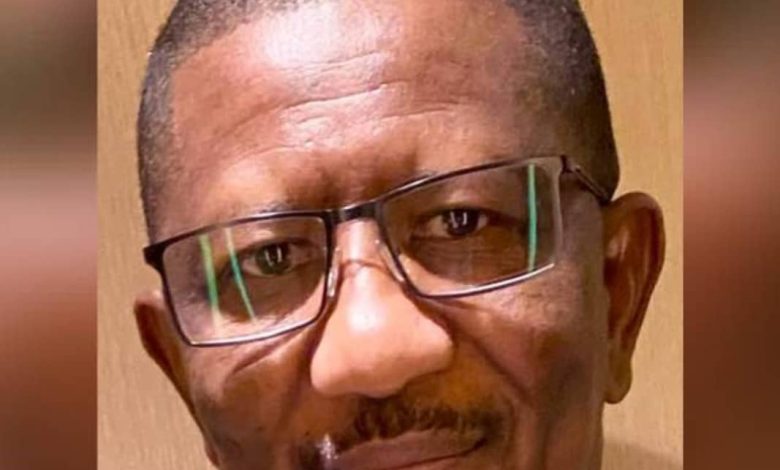Critique on Bank of Sudan policies During the War

Sudan Events – Rehab Abdullah
Chamber of Commerce member Ibrahim Al-Kinani has expected the Sudanese economy to collapse within the next few months unless the government and the Bank of Sudan take urgent measures.
He said in his statement to (Sudan Events) that what is happening in the banks in Sudan is inseparable from the overall economy in the war, and he held the government responsible for what is happening in the banks and the Bank of Sudan, and stressed that protecting the banks and economic institutions is at the core of their responsibility, and he confirmed their failure in that, and described the banking sector now as almost collapsed, because it lost its savings in treasuries and documents, in addition to losing commercial opportunities for clearing, financing, and commercial exchange. It became unable to provide employees’ salaries, and 70% were laid off, indicating that there are some banks that have not been able to return to service yet, and that there is no clearing yet, without which banks cannot have any coverage, noting that banks that do not have applications were unable to receive any amounts, and he said, “The Bank of Sudan is restricting banks, especially with regard to the accounting dollar, and money in free currency instead of supporting or returning it to the banks, even in Sudanese currency.” So that it can solve its problems after it became unable to finance, do clearing, or even recover its debts from clients because it does not have documents or checks.
He stressed that the companies themselves collapsed, and added, “The banks almost collapsed,” indicating that this is called a war situation and the Bank of Sudan must deal with that positively. However, he confirmed that the main problem lies in the Bank of Sudan, as it is dealing as if there was no war in Sudan, especially with regard to its dealings with exporters and banks. It did not establish any procedures or policies clarifying that there is a war so that the commercial sector can carry out its activities, and he criticized the Bank of Sudan’s ban on companies, and said, “These companies lost their warehouses and documents, and for more than two months there are no banks that enable the return of the export proceeds,” and he stressed that the Central Bank has proven that it is not qualified to manage the economy in a state of war. He said that banks should have been financed without regard to inflation rates due to the specificity of the war period. He considered the rise in the price of the dollar against the Sudanese pound to be normal in a state of war. He believed that what is abnormal is the disruption of the economy, and warned of the overall collapse. He emphasized the role of the central bank during the war.
He criticized that its role was to punish companies operating in exports that were banned due to export revenues for the period before the war, noting the changes represented by the presence of owners of exporting companies who died during the war and others who are still steadfast in Khartoum in the absence of banks there to pay the revenues, in addition to others lost their property.
He believed that the Central Bank had to develop tax and financing policies for these companies to be able to operate, noting that the state had returned to imposing taxes and increasing them under the conditions of war, and he expected economic activity to stop and collapse next July if the Central Bank did not reconsider its policy for the war period to enable companies to work. He stressed that the flow of goods would stop. He pointed out that Sudanese export goods are currently in Benghazi, Chad, Central Africa, South Sudan and all neighboring countries through smuggling as a result of policy failure. He stressed that banks are chained with the decisions of the Bank of Sudan and cannot discuss it with the Bank of Sudan.



